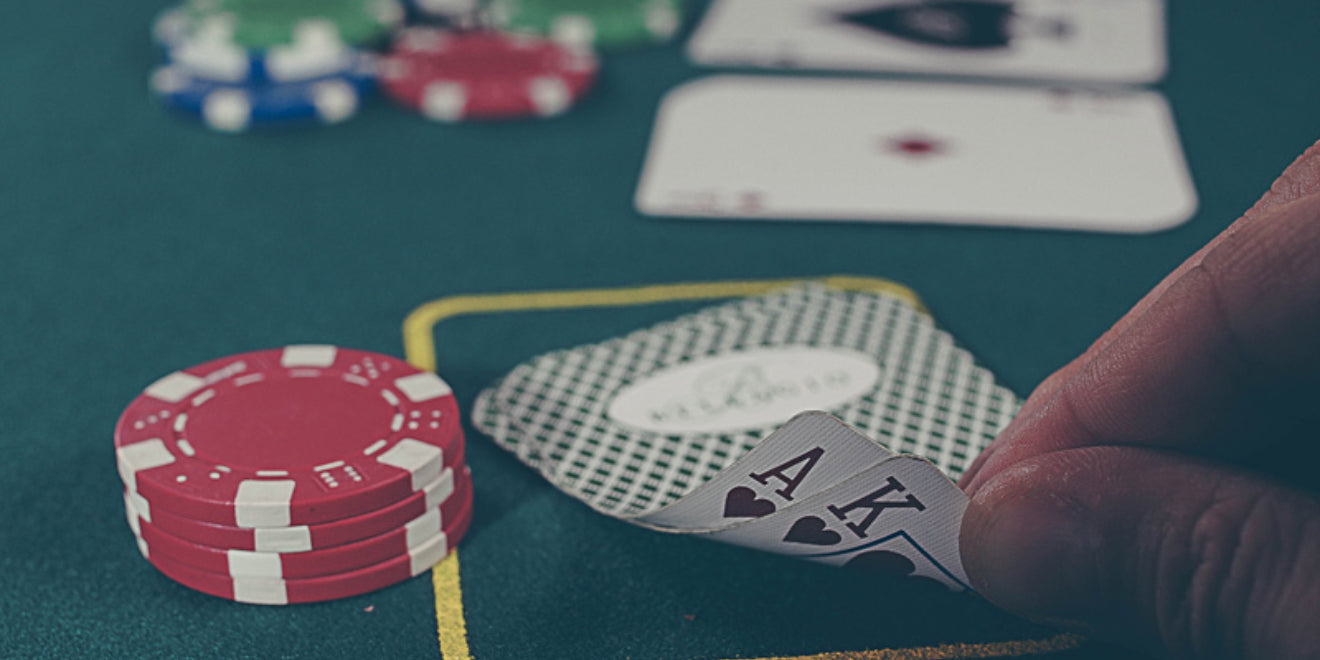
Canada’s gaming and casino industry is a massive and profitable business, and it’s growing year over year. It generates more than $15 billion dollars annually, up from only $2.7 billion only 20 years ago. And with big money comes big risk – for cheating, scamming and theft.
With more than 100 casinos in operation across Canada drawing hundreds of thousands of guests each year, ensuring the security and fair, honest and above-board operations of this lucrative cash industry is an intricately complex undertaking.
From cash management and transportation to machine maintenance to retiring equipment, here’s a look at how casinos ensure the security of your money.
Ultra-Secure Vaults
It’s no secret that casino vaults are as strong as they come. The reality is that they’re some of the most secure places in the entire world – and for good reason. Casinos are legally obligated to keep as much cash on-site as the value of chips in play to ensure that all chips have tangible financial backing. You don’t want to hit a million-dollar jackpot and walk away with an IOU!
In fact, casino security is so advanced that it is often adapted worldwide by everyone from banks to governments.
Surveillance and Sophisticated Technology
Casinos surveillance doesn’t leave much to the imagination. By entering some of the big casinos on the Las Vegas strip, for example, you might as well be walking into a complex computer built to study your every move – from your relationship with money to your motivation for gambling and even your taste in food. Hundreds of cameras capture your every move. Software calibrates your play. And regressive-analytic applications, much like those used on Wall Street to predict a stock’s future, estimate your long-term worth to the casino.
In fact, new technology and sophisticated algorithms – such as Non-Obvious Relationship Technology (NORA) – allow casinos to track everyone who walks in the doors. They could even determine in real time if a potentially colluding player and dealer have ever shared a phone number, a room at the casino hotel or lived at the same address. This technology is so effective it has been adapted by the US Department of Homeland Security.
“Retiring” Cards, Dice and Equipment
Among the more simplistic but integral security measures implemented by casinos is the retirement of cards, dice, and equipment to ensure they can’t be used for cheating. For example, as cards are repetitively used, they pick up scuffs, marks, and bends that could be used to identify particular cards should you be paying attention to such things. With dice, anything that can affect their balance or randomness after being thrown across a table must be detected. As dice are repetitively used, their edges become less sharp, altering their balance during a roll.
It’s not cost-effective for casinos to repair damaged dice or cards, so it’s important they’re disposed of securely to ensure they don’t run the risk of making their way back into play. To mitigate that risk, casinos simply pack these items up into secure bags that are taken away for destruction.
Believe it or not, the lifespan of the average dice or pack of cards in a casino is around four hours.
Secure Coin Transportation
In the Canadian casino industry, slot machines bring in nearly $3 billion in revenue annually. And despite a shift towards cashless operations, a huge amount of this revenue still comes in the form of small, heavy coins creating undeniable logistical challenges when it comes to the secure transportation of this currency.
To deal with this challenge, casinos implement intelligent and efficient – but often basic – means of sorting, organizing and transporting coins such as coin sorters and coin wrappers.
RFID Chips
You might think chips are primitive, but you’d be mistaken. Most theft in casinos is actually in chips rather than cash as thieves often plan to re-sell them for cash or at the casino. As a countermeasure, casinos use Radio Frequency Identification (RFID) chips in their casino chips so that they must be scanned prior to cash in. Any chips leaving the casino unlawfully can be flagged and rendered useless for resale.
Cage Efficiency
In casino terminology, the “cage” is the room where all currency is counted and sorted. For casinos, this is one of the most important areas in the building – but also the one most full of potential risks.
From security risks to staff with sticky fingers to the possibility of miscounts of transactional errors, there’s a lot that can go wrong. This means that efficiency and standardized security measure are key. The less time money spends being handled, the less risk of errors.
Casinos want their money counted, sorted and secured for transportation as quickly and effectively as possible to they employ things like money counters, coin boxes and bill bands, and security-sealed deposit bags in their cages.
Counterfeit Protection
In a predominantly cash business, fraud is always a real threat. In fact, the Royal Canadian Mounted Police reported more than 17,500 incidents of counterfeit banknotes in Canada in 2016 – and those are just the instances that were caught and documented.
For casinos, ensuring bills are legitimate before they make their way into the cash room is of paramount importance. But given the volume of cash entering casinos on a daily basis, counterfeit currency is simply a risk of doing business. This means that counterfeit currency detectors in casino cages are a necessity to ensure revenues are calculated and reported correctly.
Every year, billions of dollars change hands in casinos and gaming facilities from coast to coast. And with all that cash comes the need for top-tier security solutions.
At Northern Specialty Supplies, we’re proud to supply Canada’s gaming and casino industry with a wide range of efficient and high-quality casino and gaming supplies designed to provide security and ensure fair play – for gaming institutions and players alike.

